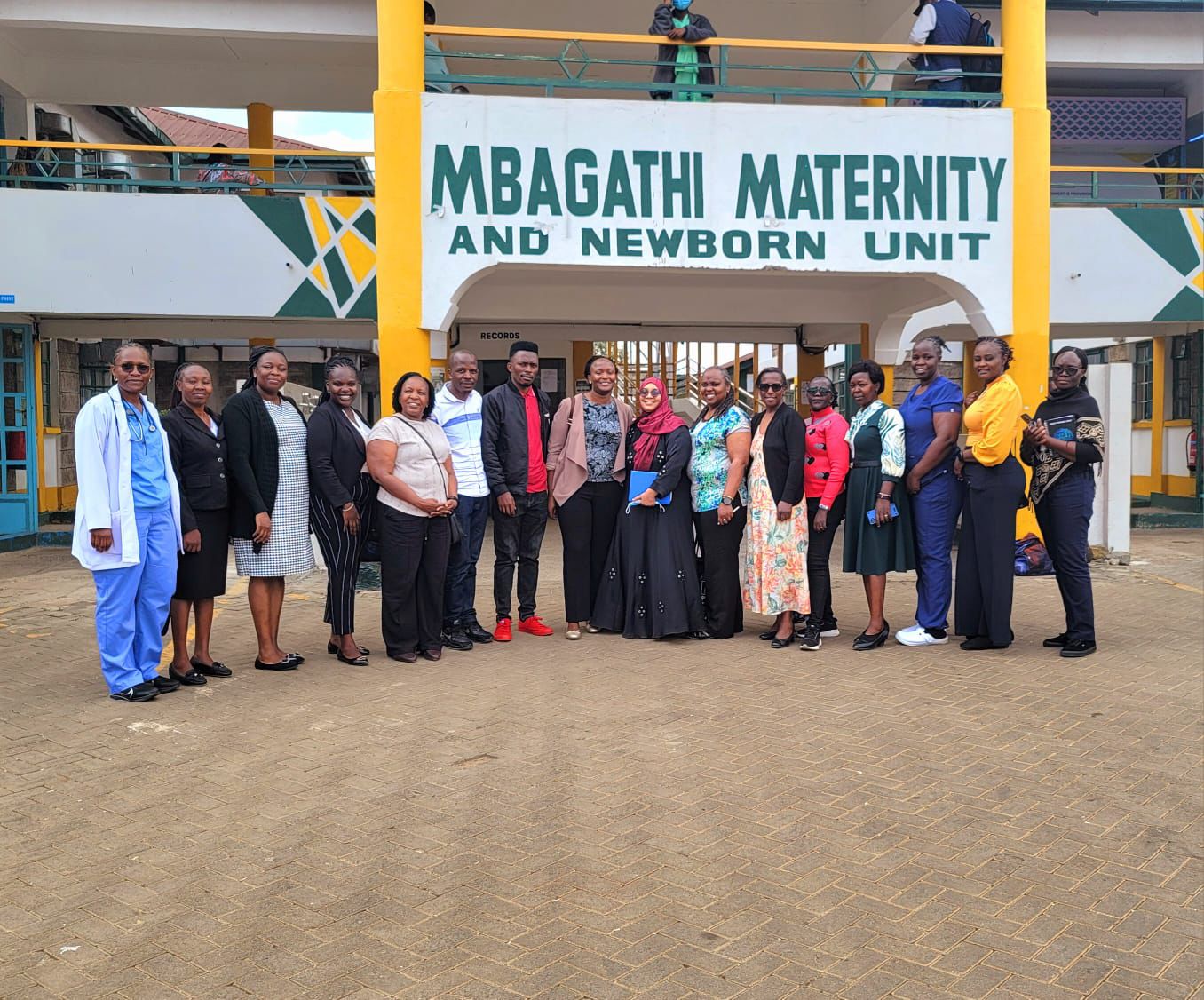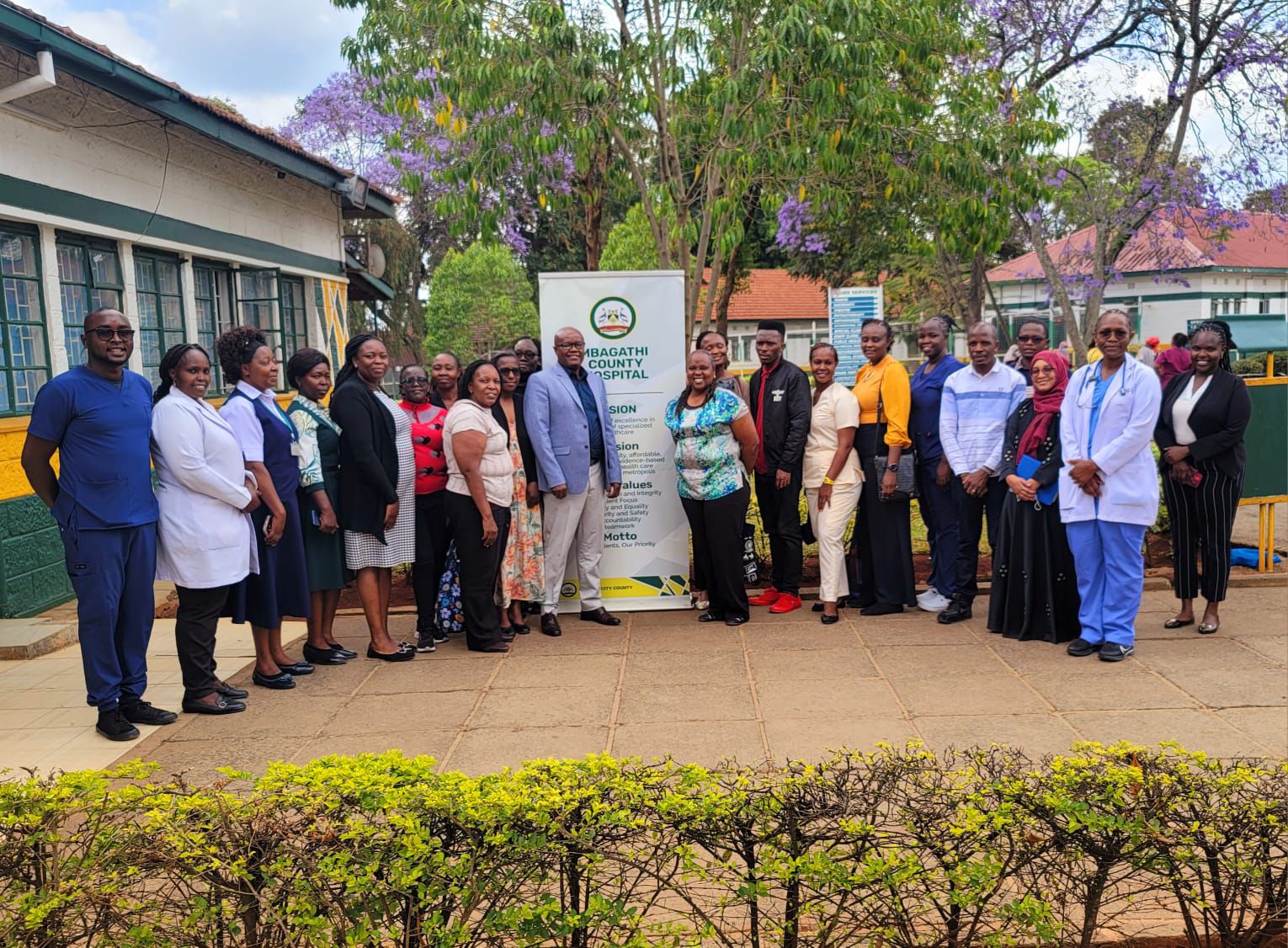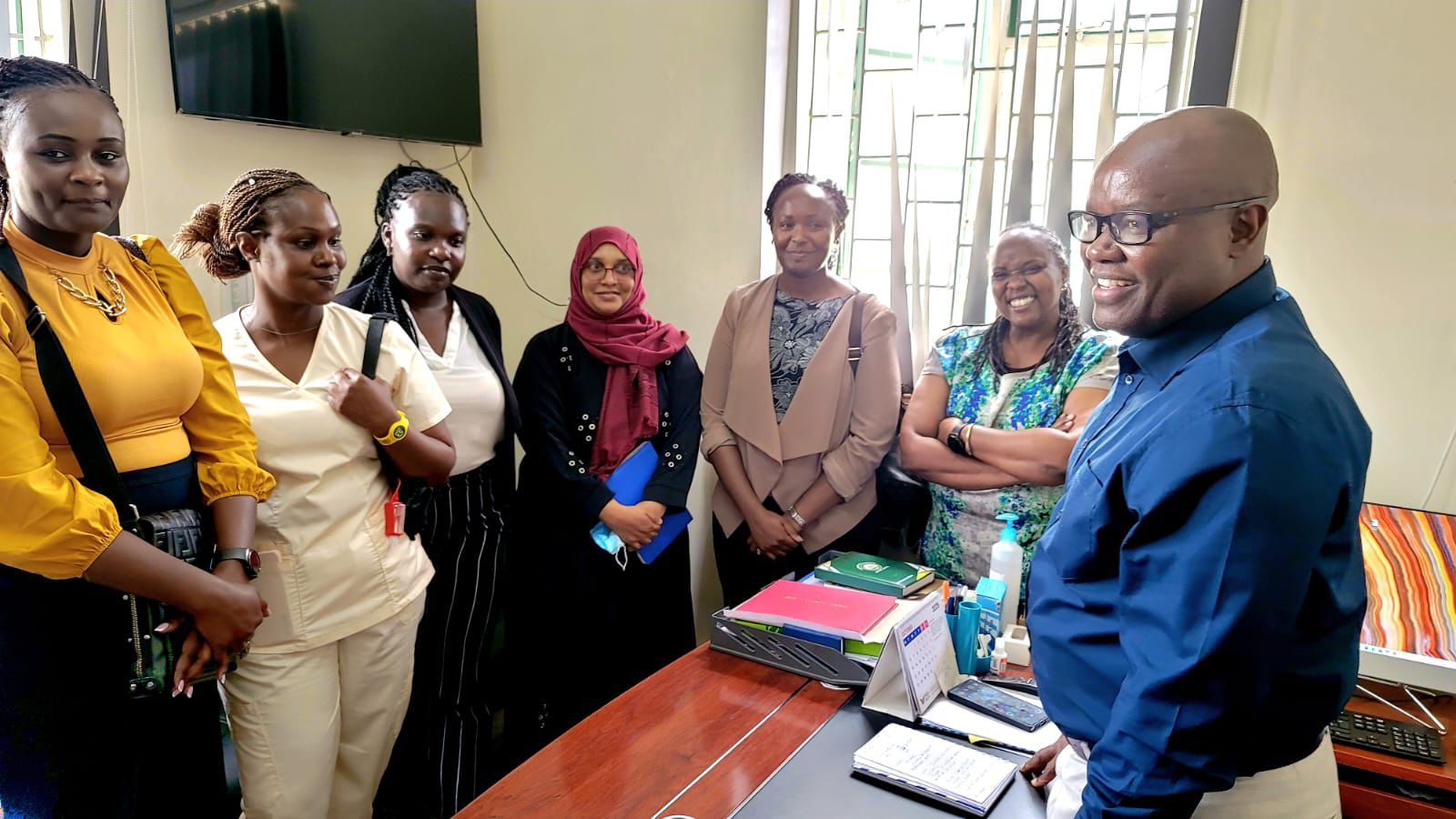

A delegation from Nakuru County Referral Hospital on Tuesday
visited Mbagathi County Referral Hospital in Nairobi for a benchmarking
exercise aimed at establishing a Neonatal Intensive Care Unit (NICU) in Nakuru.
The team from Nakuru was led by Paediatrician Dr. E.G.
Kibari and Paediatric Anaesthetist Dr. Christine Gathiru, who said the visit
was crucial in understanding the systems and structures that have made
Mbagathi’s NICU successful.
Nakuru County is in the process of setting up its own
specialized unit and sought to learn from Nairobi’s experience.
The delegation was received by Mbagathi Hospital CEO Dr.
Alexander Irungu, Medical Superintendent Dr. Ericah Koima, and Neonatologist
Dr. Christine Manyasi.
The Nairobi team took the visitors through the hospital’s
neonatal care systems, equipment setup, and patient management protocols.
Discussions during the benchmarking session focused on best
practices in neonatal care, infrastructure requirements for a fully functional
NICU, and clinical protocols for managing high-risk newborns.
Both teams agreed to establish a formal collaboration to
support Nakuru in developing a modern NICU that can serve as a referral point
for the county and neighboring regions.
Speaking during the visit, Dr. Irungu emphasized the importance of inter-county collaboration in strengthening healthcare delivery.

“Mbagathi County Referral Hospital continues to stand out as
a center of excellence in healthcare and a valuable learning platform for peer
facilities. We’re proud to share our experience to help strengthen neonatal
care services across counties,” he said.
Mbagathi’s NICU has emerged as a critical facility for
newborn survival in Nairobi and beyond.
Official data shows that since its launch in 2024 by
Governor Johnson Sakaja, the unit has provided specialized care to 493 newborns
admitted internally and received 126 referrals from other hospitals within and
outside Nairobi, bringing the total number of babies served to nearly 620.
The NICU offers advanced services including respiratory
support, infection management, and intensive monitoring for premature and
critically ill infants.
Its establishment has significantly reduced the number of families forced to travel long distances to access specialized newborn care.

According to Dr. Irungu, before the NICU was operational,
many infant deaths were reported due to lack of accessible intensive neonatal
services in Nairobi’s public health facilities.
The new unit has since restored public confidence in
county-level healthcare by ensuring that vulnerable infants can receive care
closer to home.
The benchmarking exercise underscores a broader trend of
inter-county partnerships in the health sector, where counties share expertise
and resources to address gaps in specialized care.
Nakuru’s planned NICU
is expected to ease pressure on existing facilities in Nairobi and provide
lifesaving care to infants in the Rift Valley region.
The collaboration between Mbagathi and Nakuru hospitals
demonstrates Kenya’s ongoing efforts to strengthen county health systems
through peer learning, knowledge exchange, and coordinated investment in
specialized services.














